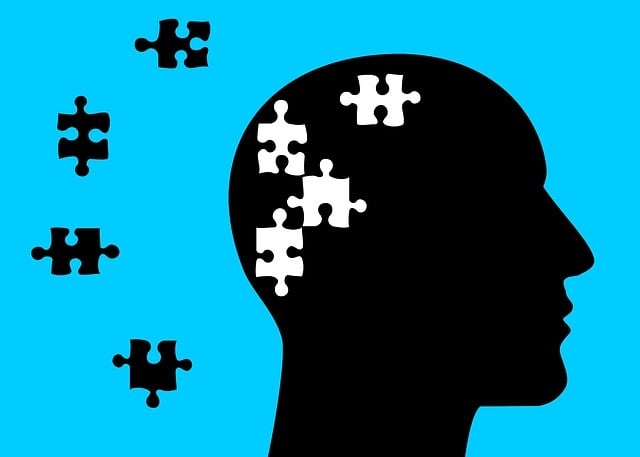Mental health is a crucial foundation for overall well-being, impacting daily life, decision-making, and relationships. Integrating evidence-based practices like Superior Acceptance and Commitment Therapy (ACT) into education programs is essential. ACT promotes mindfulness, acceptance, and emotional intelligence to challenge negative thought patterns, develop coping mechanisms, reduce stigma, and create supportive environments. By teaching individuals to recognize warning signs and seek help promptly, this approach enhances mental well-being both personally and societally.
Mental health is an integral aspect of overall well-being, yet it often goes overlooked until crises arise. This article explores the crucial role of education in addressing mental health challenges and debunking stigma. We delve into the power of Superior Acceptance and Commitment Therapy (ACT) as a transformative approach, offering strategies for designing effective programs. From understanding common mental health issues to creating engaging curricula, this guide outlines practical steps to enhance mental resilience and foster supportive learning environments.
- Understanding Mental Health and Its Impact
- – Defining mental health and its significance in overall well-being
- – Common mental health challenges and their effects on individuals and society
Understanding Mental Health and Its Impact

Understanding Mental health is paramount in designing effective education programs. It involves recognizing that mental well-being is a crucial aspect of overall health, influencing how individuals think, feel, and act. According to recent studies and a thorough Mental Health Policy Analysis and Advocacy, mental disorders, including depression, anxiety, and others, significantly impact daily functioning and quality of life. These conditions can affect anyone, regardless of age, background, or status, and often go undiagnosed or untreated due to stigma and lack of awareness. Therefore, education programs should aim to foster superior Acceptance and Commitment Therapy (ACT) principles, promoting Mind Over Matter strategies to challenge negative thought patterns and behaviors associated with mental health struggles.
By integrating knowledge about mental health into the curriculum, individuals can gain a better understanding of their emotional responses and develop effective coping mechanisms. This proactive approach is crucial in preventing and managing depression and other common mental health issues. Through education, people can learn to recognize warning signs, seek help promptly, and support peers, thereby fostering a more supportive and inclusive environment that promotes positive mental health.
– Defining mental health and its significance in overall well-being

Mental health, a cornerstone of overall well-being, encompasses our emotional, psychological, and social state. It affects how we think, feel, and act in daily life, impacting our ability to cope with stress, make choices, and relate to others. Understanding mental health is crucial because it influences our productivity, relationships, and overall quality of life.
In today’s world, integrating mental health education into community programs and schools is gaining prominence. One evidence-based approach, Superior Acceptance and Commitment Therapy (ACT), emphasizes mindfulness and acceptance principles. This therapy encourages individuals to cultivate awareness, develop effective communication strategies, and foster cultural sensitivity in mental healthcare practice—all vital components for enhancing mental well-being. By promoting understanding of the mind over matter principles, ACT empowers people to lead more fulfilling lives aligned with their personal values.
– Common mental health challenges and their effects on individuals and society

Mental health challenges are prevalent across societies, affecting individuals from all walks of life. Common conditions include anxiety disorders, depression, and bipolar disorder, which can significantly impact daily functioning and overall well-being. The consequences extend beyond the individual, as mental illness can lead to decreased productivity, strained relationships, and increased healthcare costs for society.
These challenges often stem from a complex interplay of genetic predisposition, environmental factors, and life experiences. For instance, Superior Acceptance and Commitment Therapy (ACT) has gained recognition as an effective approach to fostering resilience and coping Skills Development. By promoting emotional intelligence and Mental Illness Stigma Reduction Efforts, individuals can learn to navigate stress, regulate emotions, and adopt meaningful actions despite difficult circumstances. This not only benefits the affected persons but also contributes to a more supportive and inclusive societal environment.
Mental health education programs play a pivotal role in fostering societal awareness and acceptance. By integrating evidence-based practices such as Acceptance and Commitment Therapy (ACT), these initiatives can effectively address common mental health challenges, promote resilience, and enhance overall well-being. Through comprehensive understanding and compassionate navigation of this intricate landscape, we can create a more supportive environment where individuals feel empowered to thrive.














